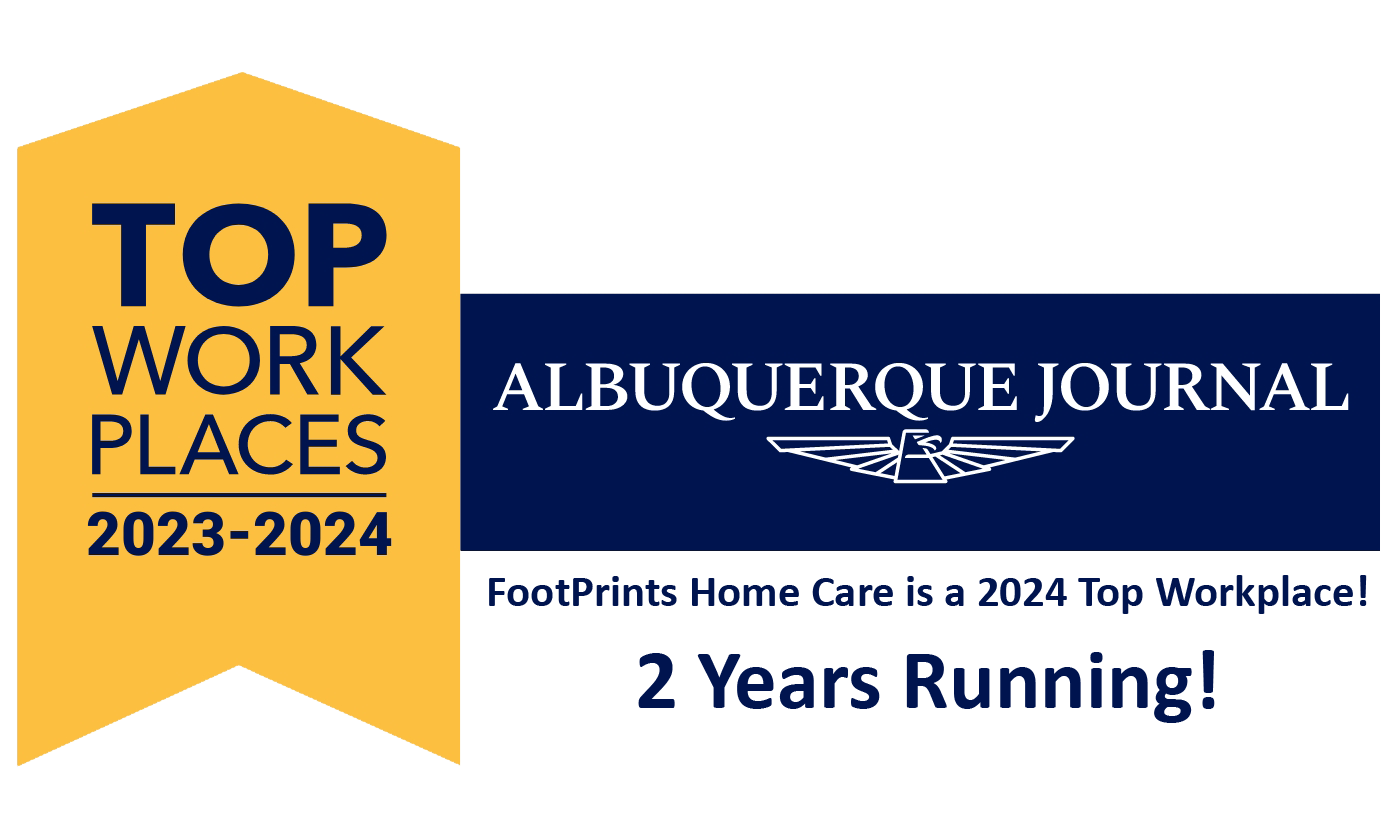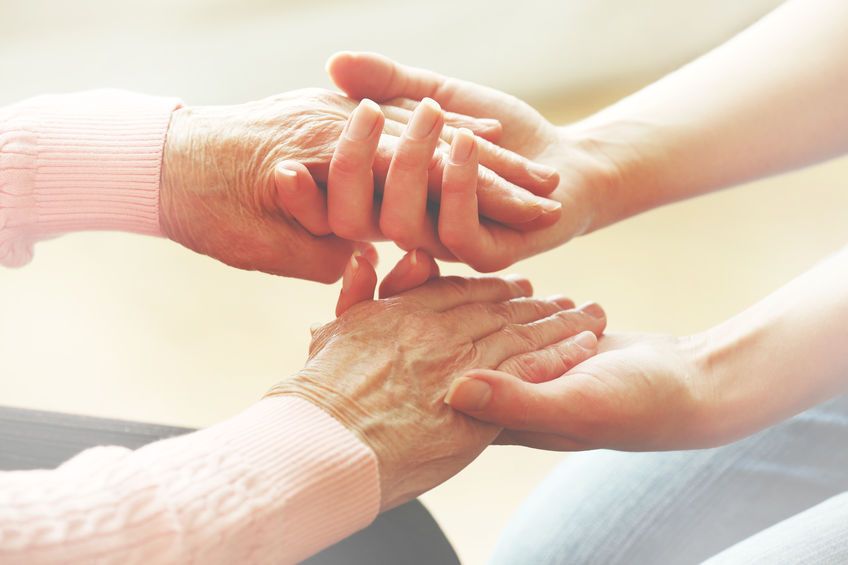In our experience, most families start professional care for an elderly loved one because of an unexpected injury, illness, or medical condition that threatens the safety of an independent lifestyle. Yet other factors are frequently overlooked. They are discreet, and often routine for a person of good health. But for seniors they can be an enormous challenge and signal a decline in abilities restricting the quality of their lives.
Take the death of a spouse, for example. The loss of an ever present companion generally results in feelings of loneliness and depression. When you factor in ailments common to seniors like dementia and weakening physical abilities, the combination invites danger to once low-risk activities.
Unfortunately, professional care is not widely considered a solution for situations like these.
Vulnerabilities other than injury or illness addressed by home care and companionship are numerous; some of the most common include:
- Depression: The roots of depression can be difficult to determine, but the symptoms are common across most cases. Included are: a loss of interest in daily activity, suspicious weight changes, and an unexplainable lack of energy among others. If one is elderly and exhibits these symptoms, independent living may be dangerous.
- Memory: Does your loved one convey signs of forgetfulness? Pay attention to their daily routines. Can they independently manage an increasing supply of medications? Can they remember important phone numbers or where to find them? Do they have a hard time keeping track of schedules? Observe how they pay bills, manage medications, attend appointments, and follow routines. Frequent mistakes or failures are powerful indicators.
- Personal Care and Hygiene: Cleanliness and health not often surrendered willingly. Signs of neglect in this area are largely the result of inability. Is your loved one bathing regularly? Are they eating consistently? Is there home falling into disrepair? Be on the lookout for untreated clothing stains, unpleasant body odors, poorly groomed hair, and other alike scenarios. Such circumstances point to a pressing need for assistance.
A common misconception about home care is that it only becomes necessary when physical abilities are limited. While this may be the most common reason for seeking it, there are many other, less obvious needs that it serves.
Old age is a challenging time of life. Activities once easy in youth become increasingly difficult as the years pass by. Often there is a reluctance to recognize a need for care—especially by the one to receive it. Understanding the above signs can help make the best decision for your loved one.



